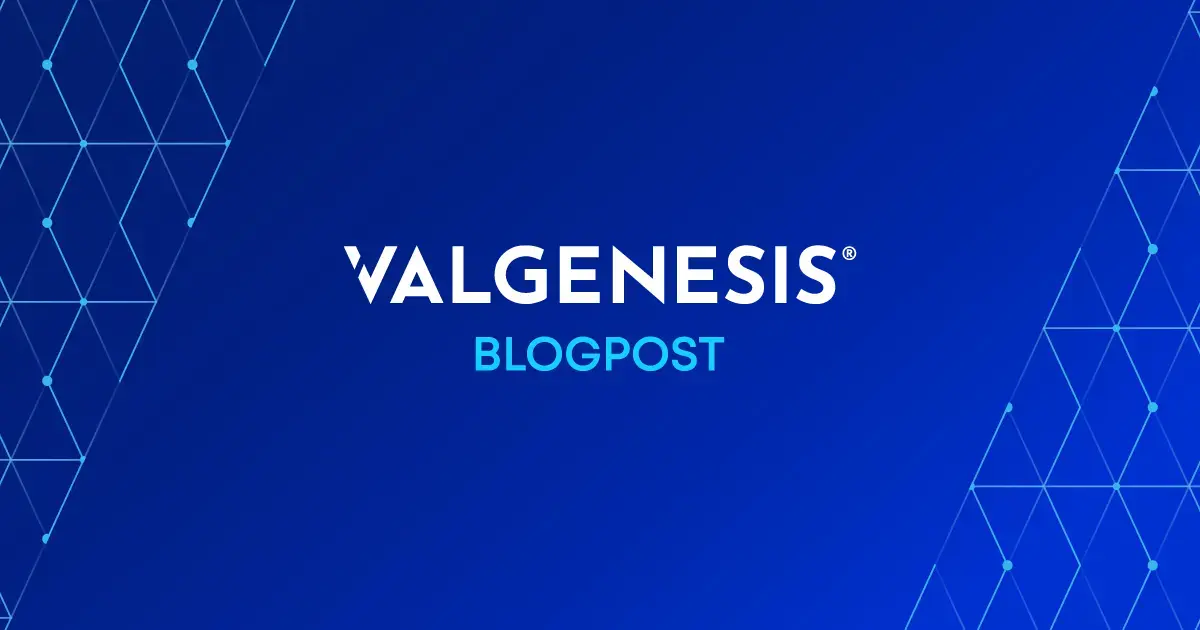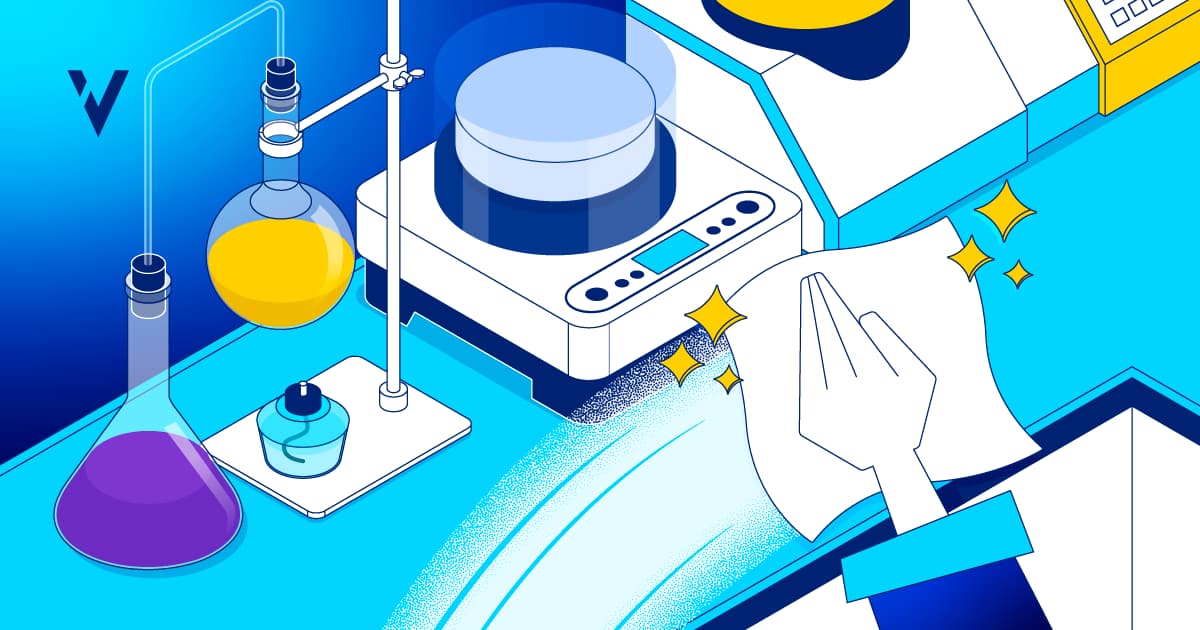The final and longest cleaning validation stage is Stage 3, which encompasses validation maintenance or verification that the qualified cleaning process continues to perform consistently. It is also known as continued verification process or CPV.
Any changes to the process made since an initial qualification should be evaluated to assess the individual impact of each change and the cumulative impact of all changes. While evaluating the changes, it is also essential to establish a meaningful verification program that would collect, evaluate, and trend data from each cleaning and conduct periodic cleaning verifications to ensure that data attained during an original qualification study represents the cleaning process performed. Typically, one should see process capability improve as manufacturing operation groups become more proficient in performing qualified equipment cleaning processes (ECP).
The Goal of CPV
The goal of CPV is not just to confirm qualified cleaning methods but, more importantly, to optimize ECP through learning and knowledge management. As cleaning equipment is a critical official process, it should be treated as such and validated in the same way as a manufacturing process.
In conclusion, a process validation lifecycle approach using statistics applies to ECP validation. The risk and knowledge management methodology helps us understand our process (e.g., ECP), the products of the process (e.g., a clean surface), and our variables and ultimately gives us confidence during commercial production. Finally, statistics and statistical process controls are essential to effective and efficient ECP post-performance qualification monitoring programs. A word of caution: it is recommended “that a statistician or person with adequate training in statistical process control techniques develop the data collection plan and statistical methods and procedures used in measuring and evaluating process stability and process capability”[i].
Digital Cleaning Validation Drives Efficiency Across the Lifecycle
ValGenesis Process Manager allows life sciences companies to perform all these activities and collect validation data and documents within the system. These documents are accessible from a convenient dashboard, which helps users locate bottlenecks in the validation process. The dashboard provides a direct line to tasks, inventory, and work in progress as well as the validation calendar, validation projects, validation metrics reports, and a 360-degree view of systems and assets by the site. It provides an indispensable tool for quality councils, the use of which has been recommended by the FDA. It offers prompt responses during vendor and regulatory audits, projecting continued compliance and data integrity.
Sources:
[i] Guidance for Industry Process Validation: General Principles and Practices, US Food and Drug Administration: January 2011 www.fda.gov/downloads/Drugs/GuidanceComplianceRegulatoryInformation/Guidances/ucm070336.pdf


